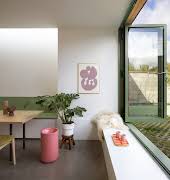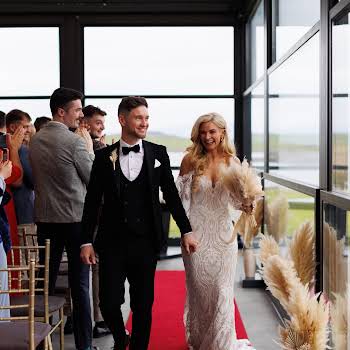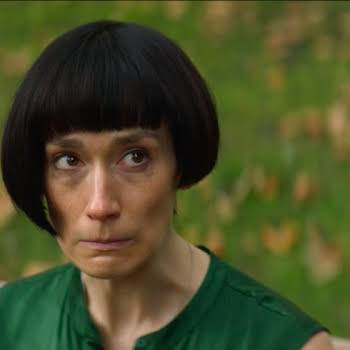
By Colette Sexton
07th Apr 2019
07th Apr 2019
Colette Sexton, news correspondent at The Sunday Business Post, on ways to make and save money in retirement.
Irish people are living, on average, five years longer now than they were in 2000. The life expectancy rate here is 81.5 years, which is above the EU average of 80.9. While we are living longer, we also have a better standard of living and health in our older age. This is why many view retirement as a second life. Here are some ways to manage your money to ensure you enjoy that second life without financial stress.
Know your finances
Whether you are retiring with a €100,000 pension pot or the state pension alone, it is important to know how much money you have. No longer having a regular salary can be a shock for a lot of people, and it does take some adjustment. Know all of your expenditure, and figure out if there are some cutbacks you can make. For example, you and your partner may have both driven to work but now that you are retired, you may no longer require two cars. Selling one will bring in some immediate cash, and it will also help you save a lot long term as you will not be spending as much on car maintenance, fuel and insurance.
Relying on your partner’s income
On average, an Irish man will have saved twice as much as an Irish woman for his pension, according to the Retirement Planning Council of Ireland. Many couples agree to rely on one partner’s income when they retire, as the other partner might have made sacrifices such as being a stay-at-home parent or carer. If this is the case in your relationship, then make sure you understand clearly how you benefit from your other half’s pension pot. Discuss your partner’s pension with them, and ensure that the pension payments will continue if your partner dies before you (women on average live 4 years longer than men in Ireland). Whether you are relying on a partner’s pension or your own, it is important to seek professional help to ensure you are managing it in the best way possible. The Retirement Planning Council of Ireland run regular training courses on planning for retirement across the country. See rpc.ie for details.
Look at other ways to make money
The average Irish woman is only saving enough to get a weekly payment of €40 per week in retirement, which adds up to €2,080 annually, while the full state pension for those who have 48 paid or credited PRSI contributions is €12,392 yearly. The current rate of the non-contributory state pension is €11,804 per annum. If that is not enough for you to live on to maintain the lifestyle you want, there are other options. If you own your home, you could sell it and downsize. It would be easier for you to maintain a small house or apartment, and the extra money from the sale could give you a nice nest egg. If you do not want to sell your home, you could always look at the possibility of renting out a room in your house. You can earn up to €14,000 tax-free annually by renting out a room or rooms in your home under the rent-a-room scheme. Don’t fancy sharing your house? If you live in a city, you could rent out a parking space on parkpnp.com. This would have relatively little impact on your life. Or if you want some company in the form of furry friends, you could become a dog sitter. Many Irish people are signing up to offer dog boarding or dog walking services on housemydog.ie.























